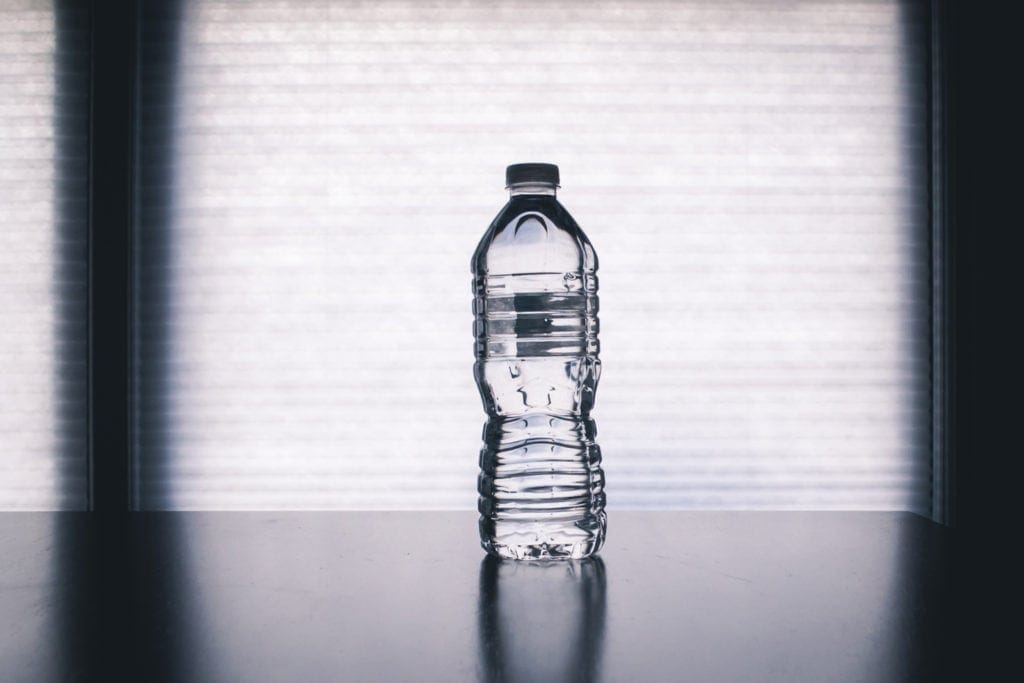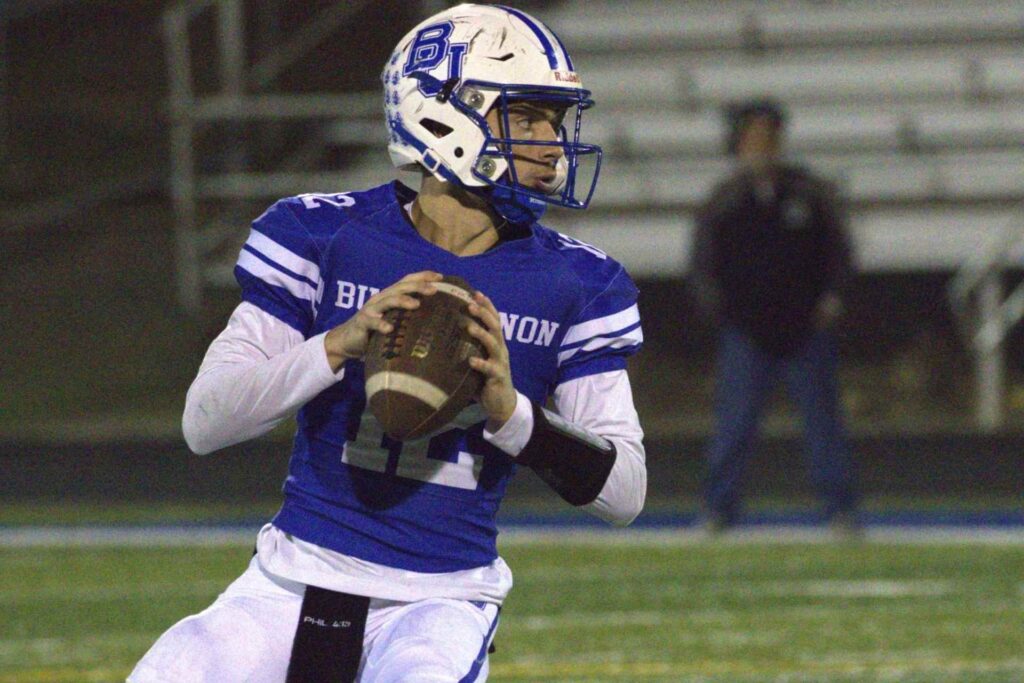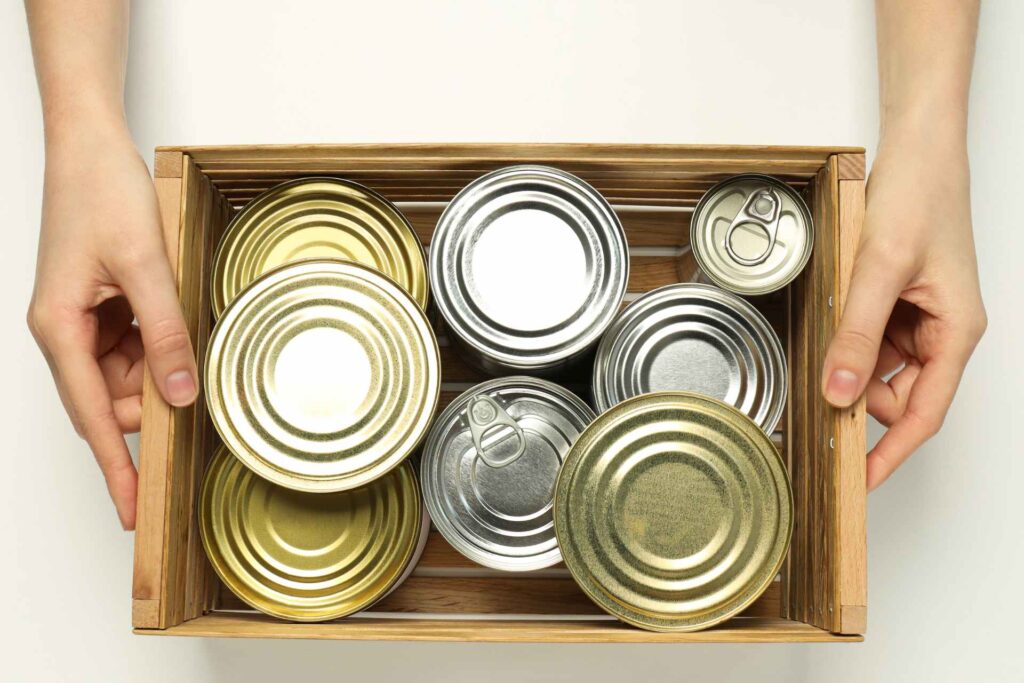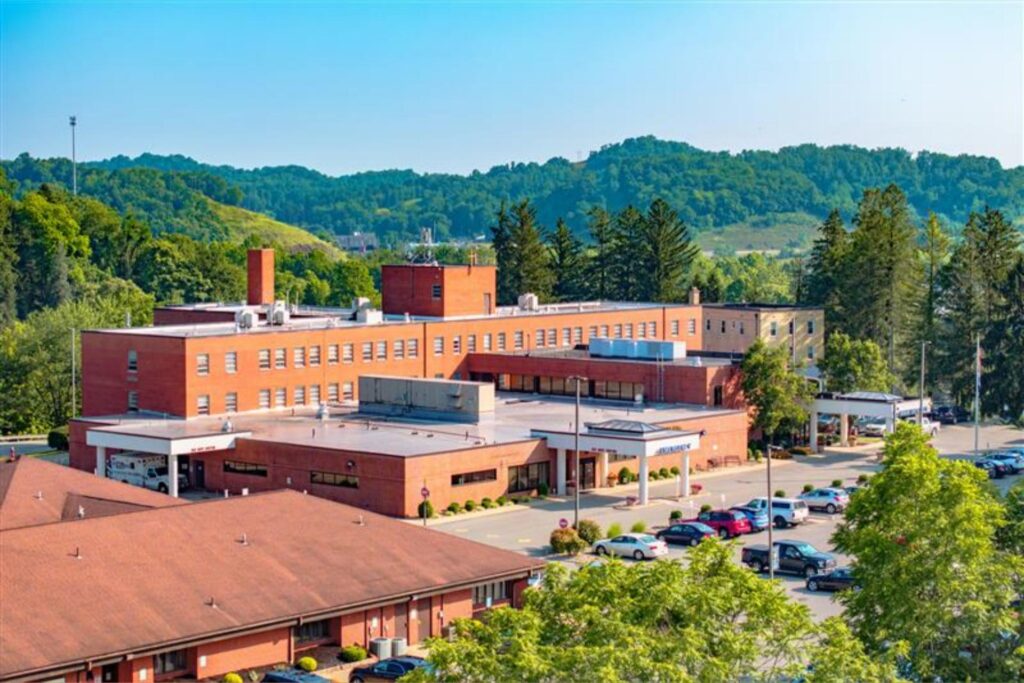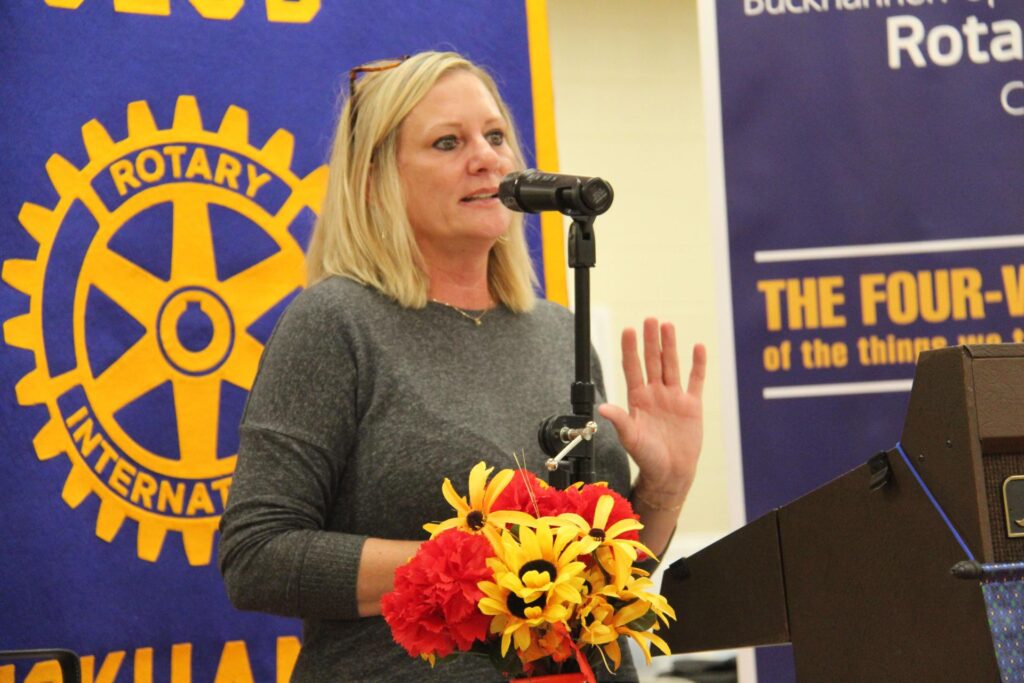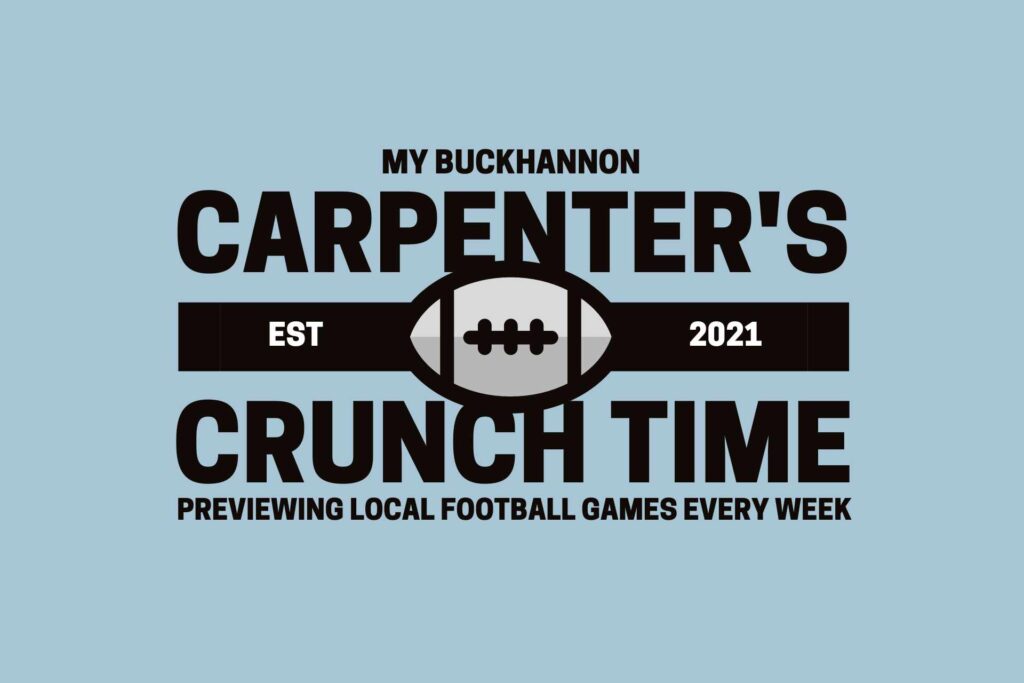Alexandria, VA – The International Bottled Water Association (IBWA) recommends that consumers, with the 2019 Hurricane Season just beginning, act now to revisit their emergency preparedness kits and check their supply of bottled water. The Federal Emergency Management Agency (FEMA) advises that commercially purchased bottled water is the safest, most reliable drinking water in the event of hurricanes and other natural disasters that may contaminate tap water.
The U.S. hurricane season runs from June 1 through November 30.
“This is the time of year when people should spend a few minutes to reassess their emergency preparedness kits and take action to ensure they have what they need,” said Jill Culora, vice president of communications for IBWA. “People should stock up on non-perishable food, drinking water, batteries, and other items in sufficient quantities that will last at least 72 hours following a storm or an emergency.”
FEMA recommends people should have at least 1 gallon of water per person, per day for at least three days. Buying and storing bottled water well in advance is a safe and convenient way to ensure you’ll have an adequate supply available when needed. Taking action ahead of emergencies can make a significant difference in one’s ability to recover from a severe storm or event.
The National Oceanic and Atmospheric Association (NOAA) predicts a near-normal Atlantic hurricane season this year, estimating nine to 15 named storms [winds of 39 miles per hour (mph) or higher]. Of those, four to eight could become hurricanes (winds of 74 mph or higher), and two to four of those could become major hurricanes (category 3, 4, or 5; with winds of 111 mph or higher).
During and following any natural disaster, clean tap water may not be available, due to an assortment of reasons, including a power outage or a pipe breach. When that happens, bottled water plays a vital role in ensuring that survivors have their hydration and sanitation needs met.
“The bottled water industry is always at the forefront during relief efforts after natural disasters,” said Culora. “Every year, millions of gallons of bottled water are provided to those in need. But this can only happen when the industry is strong and viable throughout the year.”
Watch: “Bottled water: it’s there when you need it, ” a video that highlights bottled water’s role during emergencies or natural disasters.
For more information about bottled water, visit: www.bottledwater.org
